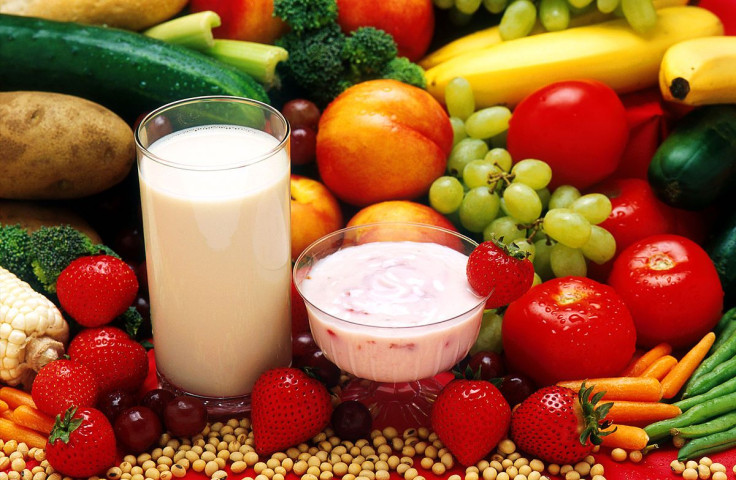World Meat Free Day 2015: Thinking About Going Vegetarian? Here Are 5 Things To Consider

World Meat Free Day 2015 is about encouraging meat lovers everywhere to put down the steak knives and pick up the salad forks in the name of health and environmental stewardship. The day celebrated Monday urges people to eat less meat or give it up entirely as the world’s taste for beef, a food that takes huge amounts of arable land to produce, continues to climb.
“With the population set to rise by over 30 percent by 2050, the demand for meat simply cannot be met,” the World Meat Free Day group says on its website. “That’s why we need your help more than ever.”
This first World Meat Free Day comes at a time when meat consumption is expected to increase by 13 percent by 2020 in Asia alone, according to market experts. The meat market is projected to rise by 3 percent in Europe and by 22 percent in Africa over the next five years. The U.S. and Australia lead the world in per capita meat consumption. The environmental impact of meat production is huge – some 30 percent of arable land is used to raise chickens, pigs and cattle – and it’s one of the biggest contributors to man-made global warming.
Advocates of vegetarianism cite the numerous benefits of a no-meat diet. “Eating less meat is a simple way to eat healthily and it's better for the environment too,” said Sue Dibb of the group Eating Better in a statement, according to the Australian. “World Meat Free Day is a fantastic campaign that can really make a difference to the world we live in. Our research shows that one in three people are willing to consider eating less meat, with one in five already cutting back.”
Here are five things to know about the diet that health experts say could help you live longer.
1. Vegetarianism is associated with lower intakes of saturated fat and cholesterol. Vegetarians also take in more complex carbohydrates, fiber and vitamins C and E, according to federal health experts.
2. Vegetarians have a lower risk of developing certain preventable diseases compared to meat eaters. The diet has been shown to lower the risk of heart disease, diabetes, obesity and high blood pressure.
3. Vegetarianism has been linked to lower risk of developing cancer. Colorectal, ovarian and breast cancer rates were lower among people who ate less meat, according to research.
4. Vegetarians should make sure they’re not deficient in certain vitamins. Vegetarians should be aware that they may not be getting their recommended amounts of iron, vitamin B-12, vitamin D, calcium and zinc. “The key to any healthy diet is to choose a wide variety of foods and to consume enough calories to meet your energy needs,” according to Brown University health experts. Vegetarians should be aware that while there are plenty of plant-based protein options, many of these foods contain less protein per serving compared to animal foods. Therefore, combining one or more protein sources at a meal is recommended.
5. Eating a plant-based meal instead of a burger could save the planet. The production of one burger is responsible for 2.5 pounds of carbon dioxide emissions and consumes 133 gallons of water, according to Women’s Health Magazine.
© Copyright IBTimes 2024. All rights reserved.












